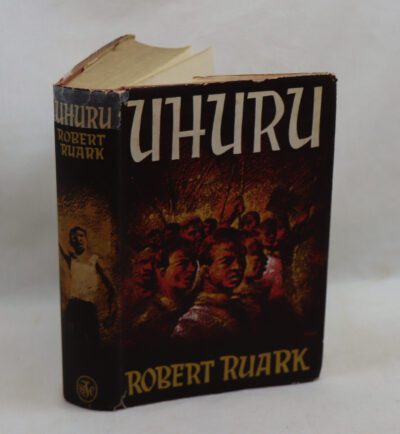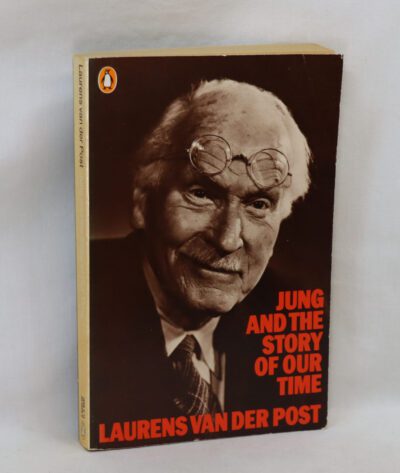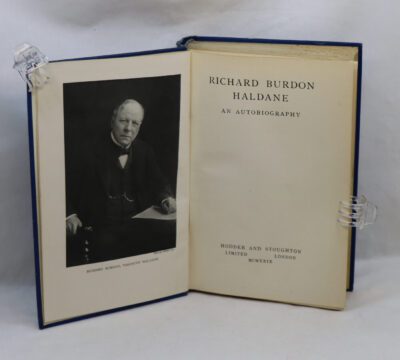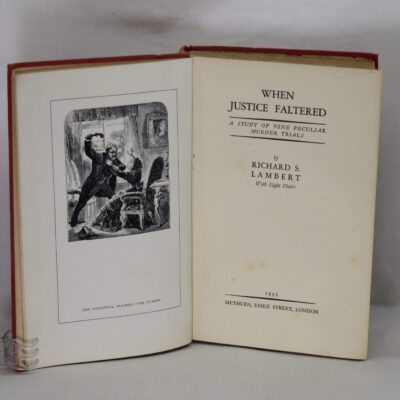Two Treatises on Government.
By John Locke
ISBN: 9780521357302
Printed: 2000
Publisher: Palladium Press. Alabama
| Dimensions | 15 × 22 × 4 cm |
|---|---|
| Language |
Language: English
Size (cminches): 15 x 22 x 4
Condition: Fine (See explanation of ratings)
Your items
Item information
Description
Maroon calf binding with gilt banding, decoration and title on the spine. Gilt emblem on the front board. All edges gilt.
-
F.B.A. provides an in-depth photographic presentation of this item to stimulate your feeling and touch. More traditional book descriptions are immediately available.
Special Edition, 2000, first printing, a new, unread, unworn, unopened, unmarked leather bound hard cover, from The Library of American Freedoms. privately printed for members, prepared from an original 1821 edition. By John Locke. Introduction by Wayne LaPierre. End leaves are heavy marbled paper. Edges are gilded and spines are brass-die stamped in 22-karat gold. 404 pages.
Review: John Locke was a brilliant and very influential philosopher. This does a pretty good job of putting Locke into his proper context, but doesn’t offer enough about his specific arguments. Even still, I recommend it because someone studying American history will find many of his ideas appearing in much of our founding fathers’ dialogue.
John Locke (29 August 1632 – 28 October 1704) was an English philosopher and physician, widely regarded as one of the most influential of Enlightenment thinkers and commonly known as the “father of liberalism”. Considered one of the first of the British empiricists, following the tradition of Francis Bacon, Locke is equally important to social contract theory. His work greatly affected the development of epistemology and political philosophy. His writings influenced Voltaire and Jean-Jacques Rousseau, and many Scottish Enlightenment thinkers, as well as the American Revolutionaries. His contributions to classical republicanism and liberal theory are reflected in the United States Declaration of Independence. Internationally, Locke’s political-legal principles continue to have a profound influence on the theory and practice of limited representative government and the protection of basic rights and freedoms under the rule of law.
Locke’s theory of mind is often cited as the origin of modern conceptions of identity and the self, figuring prominently in the work of later philosophers such as Jean-Jacques Rousseau, David Hume, and Immanuel Kant.
He postulated that, at birth, the mind was a blank slate, or tabula rasa. Contrary to Cartesian philosophy based on pre-existing concepts, he maintained that we are born without innate ideas, and that knowledge is instead determined only by experience derived from sense perception, a concept now known as empiricism.
Want to know more about this item?

Share this Page with a friend












